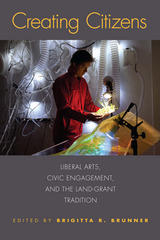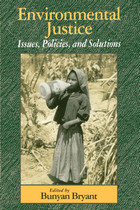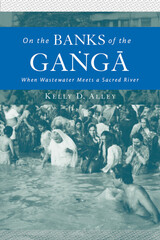
The nine essays in Creating Citizens offer structures for incorporating CCE initiatives into university programs, instructional methods and techniques, and numerous case studies and examples undertaken at Auburn University but applicable at any university. Many contributors describe their own rewarding experiences with CCE and emphasize the ways outreach efforts reinvigorate their teaching or research.
Creating Citizens recounts the foundation of land-grant institutions by the Morrill Act of 1862. Their mission is to instruct in agriculture, military science, and mechanics, but these goals augmented rather than replaced an education in the classics, or liberal arts. Land-grant institutions, therefore, have a special calling to provide a broad spectrum of society with an education that not only enriched the personal lives of their students, but the communities they are a part of. Creating Citizens demonstrates the important opportunities CCE instruction represents to any university but are especially close to the heart of the mission of land-grant colleges.
In open societies, the role and mission of public institutions of higher learning that are supported by public subsidies are perennial subjects of interest and debate. Creating Citizens provides valuable insights of interest to educators, education administrators, students, and policy makers involved in the field of higher education.

In Environmental Justice, leading thinkers of the environmental justice movement take a direct look at the failure of "top down" public policy to effectively deal with issues of environmental equity.
The book provides a startling look at pressing social and environmental problems and charts a course for future action. Among the topics considered are: the history of the social justice movement the role of the professional in working with community groups methods of dealing with environmental problems at the international level participatory national policy for environmental education, energy, industrial development, and housing and sustainable development.
Contributors include Robert Bullard, Deeohn Ferris, Tom B.K. Goldtooth, David Hahn-Baker, Beverly Wright, Ivette Perfecto, Patrick West, and others.

This fourth volume in the series exploring religions and the environment investigates the role of the multifaceted Hindu tradition in the development of greater ecological awareness in India.
The twenty-two contributors ask how traditional concepts of nature in the classical texts might inspire or impede an eco-friendly attitude among modern Hindus, and they describe some grassroots approaches to environmental protection. They look to Gandhian principles of minimal consumption, self-reliance, simplicity, and sustainability. And they explore forests and sacred groves in text and tradition and review the political and religious controversies surrounding India’s sacred river systems.

Alley investigates ethno-semantic, discursive, and institutional data to flesh out the interplay between religious, scientific, and official discourses about the river Ganga. Using a new outward layering methodology, she points out that anthropological analysis must separate the historical and discursive strands of the debates concerning waste and sacred purity in order to reveal the cultural complexities that surround the Ganga. Ultimately, she addresses a deeply rooted cultural paradox: if the Ganga river is considered sacred by Hindus across India, then why do the people allow it to become polluted?
Examining areas of contemporary concern such as water usage and urban waste management in the most populated river basin in the world, this book will appeal to anthropologists and readers in religious, environmental, and Asian studies, as well as geography and law.
Kelly D. Alley is Associate Professor and Director of Anthropology at Auburn University. In addition to being a prolific writer, she has conducted research on public culture and environmental issues in northern India for over a decade. Alley is currently overseeing a project to ameliorate river pollution problems in India.
READERS
Browse our collection.
PUBLISHERS
See BiblioVault's publisher services.
STUDENT SERVICES
Files for college accessibility offices.
UChicago Accessibility Resources
home | accessibility | search | about | contact us
BiblioVault ® 2001 - 2024
The University of Chicago Press









